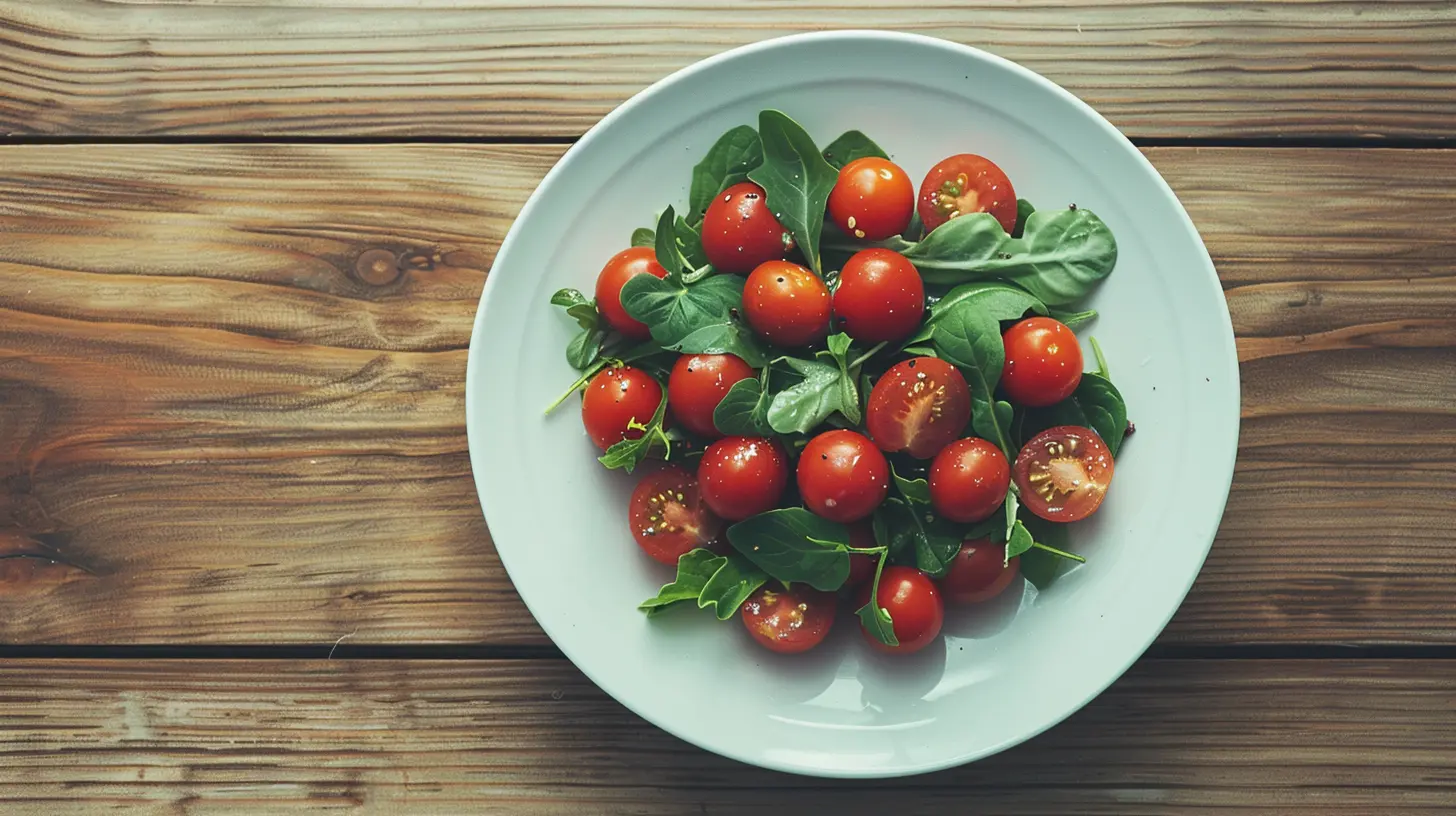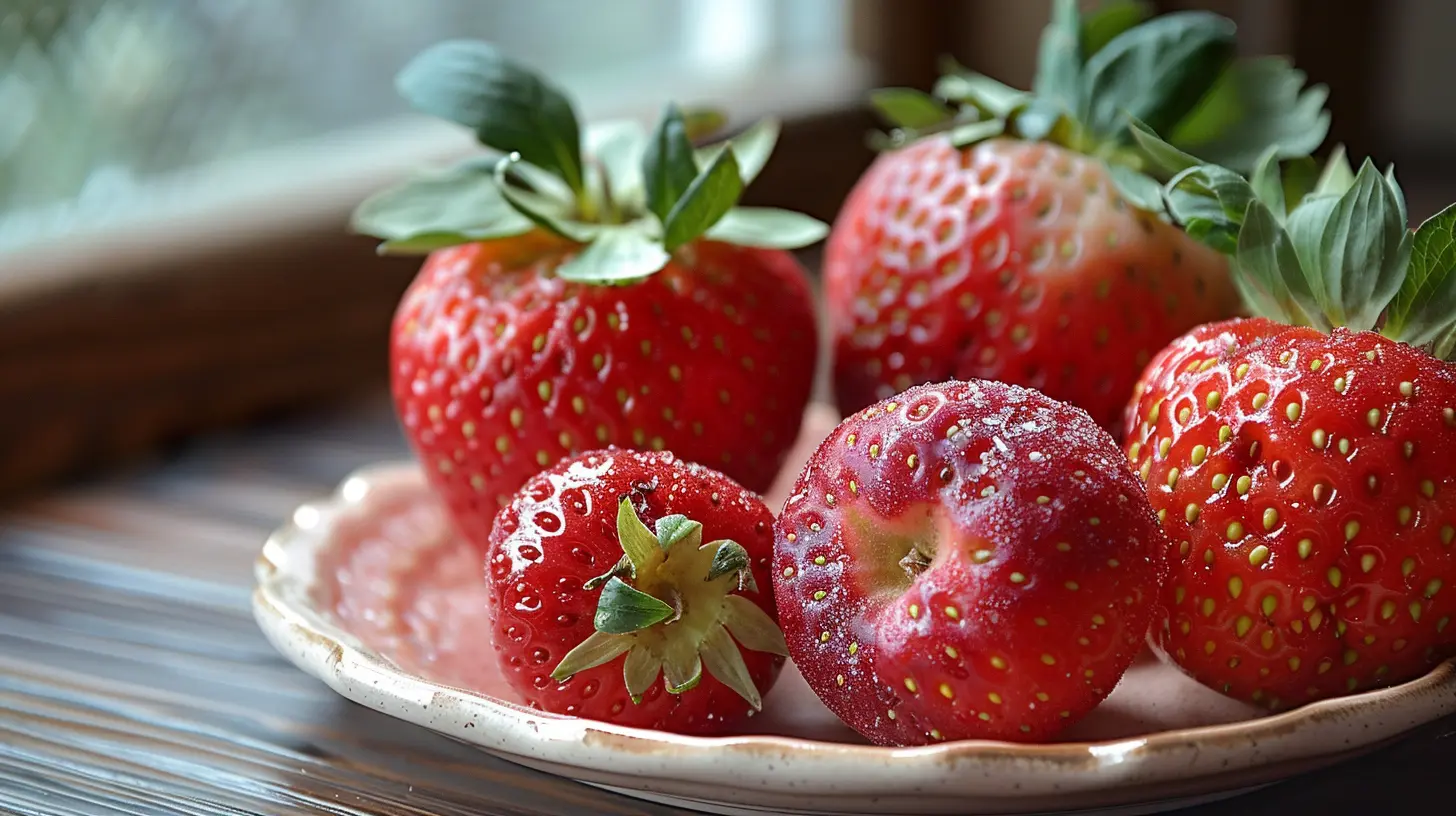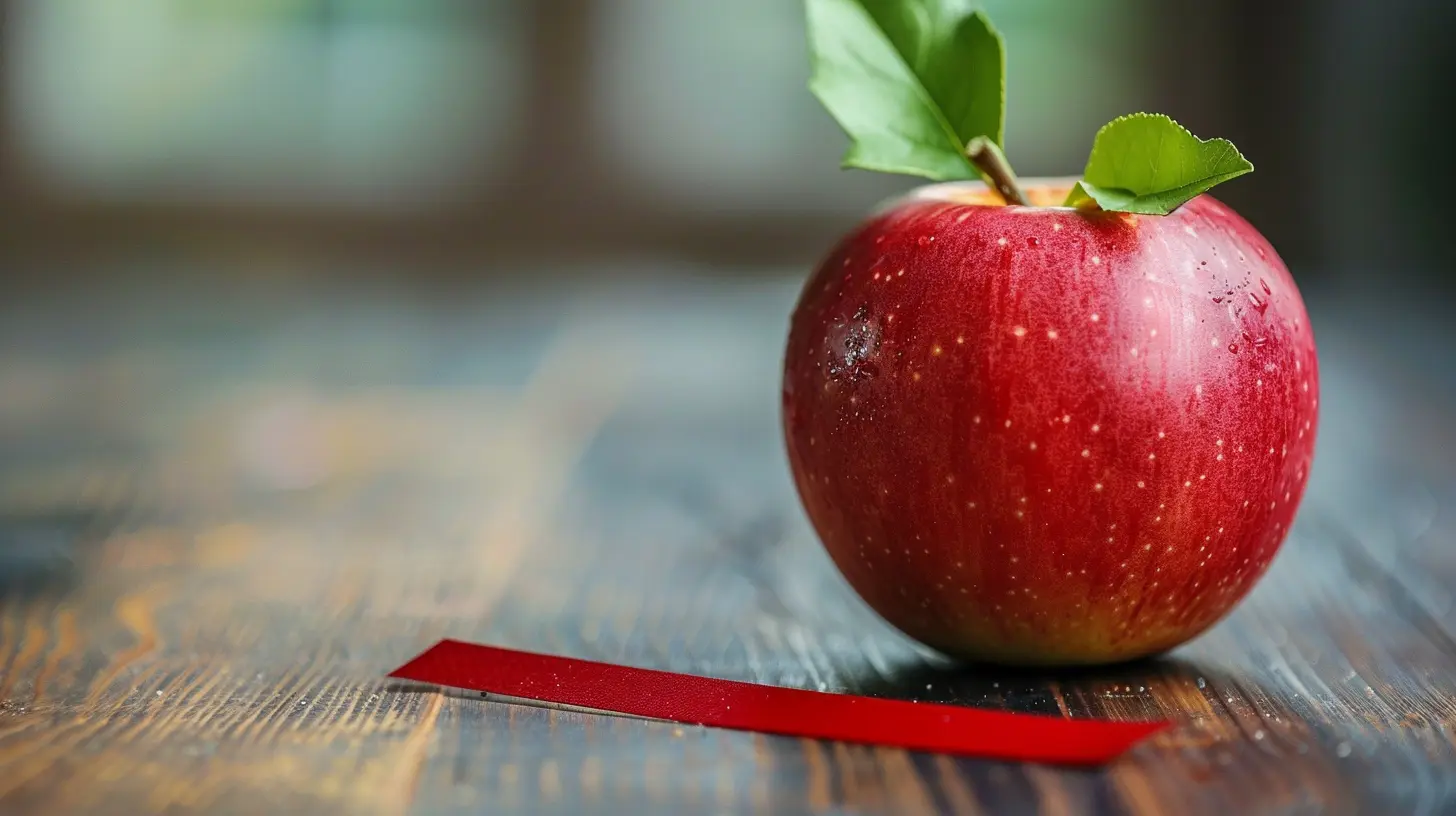29 March 2025
We all dream of a long, healthy life, don’t we? Sure, we can't predict every twist and turn life throws our way, but what if I told you that the food you eat could play a significant role in how healthy (and happy) your later years are? Sounds like a win-win, right? Welcome to the beginner’s guide to eating for longevity—a simple, no-nonsense journey into how tweaking your diet can add years to your life while making those years worth living.
Let’s dive into the nuts and bolts of this lifestyle shift (and yes, it’s more like a lifestyle than a quick fix). Spoiler: It’s not about starving yourself or jumping on the latest diet hype. It’s about feeding your body and soul the way they deserve.
Why Does What You Eat Matter for Longevity?
First things first: Why is food so darn important for living a long life? The short answer? Your diet directly impacts your overall health. Think of your body as a car. If you fill it with cheap gas (or worse, the wrong fuel altogether), it’s not going to perform well—or last very long. But if you give it premium fuel, maintain it properly, and treat it with care, it’ll keep running for the long haul, smooth and efficient.The way we eat can influence everything—our heart health, brain function, immune system, and even how well we age. Eating for longevity is really about creating a foundation that helps prevent chronic diseases like diabetes, heart disease, and cancer while boosting your overall vitality and well-being. 
The Core Principles of Eating for Longevity
Okay, so where do you start? It’s not about reinventing the wheel. Eating for longevity boils down to incorporating a few simple principles into your daily life. Let’s break this down:1. Focus on Whole, Nutrient-Dense Foods
This isn’t rocket science, but it’s powerful. Whole foods—like fruits, veggies, legumes, nuts, seeds, and whole grains—are packed with vitamins, minerals, and antioxidants. Think of these as your body's best defense team, fighting off free radicals (aka the bad guys).Processed foods, on the other hand, are like cheap imitations. They often come with added sugars, unhealthy fats, and artificial fillers that can wreak havoc on your body. Sure, they might be convenient, but is convenience worth shaving years off your life? Probably not.
Start small here. Swap out those sugary cereals for oatmeal topped with fresh berries. Trade your soda for sparkling water with a twist of lemon. Little changes, big impact.
2. Adopt the “Plant-Based First” Mentality
Wait, does eating for longevity mean you have to go full-on vegan? Nope! But a plant-based approach can do wonders for your health. Studies consistently show that diets rich in plants are linked to longer, healthier lives.Plants are like nature’s multivitamins—they’re brimming with nutrients that combat inflammation, support gut health, and keep your body running smoothly. Even if you love your steak, consider adopting a “plants first” mentality. Fill most of your plate with veggies, fruits, and whole grains, and let animal products play a supporting role rather than the lead.
3. Be Best Friends with Healthy Fats
Not all fat is bad—seriously! In fact, healthy fats are essential for longevity. These include things like avocados, nuts, olive oil, fatty fish (like salmon), and seeds like chia or flax.Think of healthy fats as lubricants for your brain and joints. They help reduce inflammation, improve heart health, and even support smarter aging (did someone say fewer wrinkles?).
Oh, and let’s not forget omega-3 fatty acids. These little heroes, found in fish and walnuts, can protect your brain as you age. So, the next time someone says “fat,” don’t run—just make sure it’s the good kind.
4. Keep an Eye on Portion Sizes
Here’s the thing: Even if you’re eating healthy foods, overeating can still backfire. Longevity isn’t just about what you eat; it’s also about how much.A great rule of thumb is to eat until you’re about 80% full. This practice, called “Hara Hachi Bu,” originates from the Okinawans—one of the longest-living populations on Earth. It’s a simple way to avoid overeating and keep your body humming along without overburdening your digestion.
Think of it like this: Your stomach isn’t a storage locker. It’s a delicate engine that operates best when it’s not overloaded. Give it enough fuel to run, but don’t flood it. 
The Longevity Diet: Breaking Down the Components
So, what does a diet for longevity actually look like? Let’s paint a clear picture of the kinds of foods you should prioritize—and the ones to steer clear of.1. Power Foods for Longevity
Here’s your longevity shopping list:- Dark Leafy Greens: Kale, spinach, Swiss chard—these are your heavy hitters for nutrients.
- Colorful Veggies: Carrots, bell peppers, broccoli—the more colorful, the better.
- Berries: Blueberries, strawberries, blackberries—basically, antioxidant bombs.
- Nuts & Seeds: Almonds, walnuts, flaxseed—they’re nutrient-dense and perfect for snacks.
- Legumes: Lentils, chickpeas, beans—a fantastic source of protein and fiber.
- Whole Grains: Oats, quinoa, brown rice—carbs aren’t the enemy when they’re whole and unprocessed.
- Healthy Fats: Olive oil, avocados, salmon, chia seeds—your heart will thank you.
2. Foods to Avoid or Limit
Just like there are foods that promote longevity, there are foods that can cut it short. Here’s what to be mindful of:- Sugary Treats: Cakes, cookies, sodas—your body doesn’t need these empty calories.
- Processed Foods: Think chips, frozen meals, and fast food—loaded with trans fats and artificial junk.
- Red & Processed Meats: Keep these to a minimum; they’ve been linked to a higher risk of chronic diseases.
- Excess Salt: Too much sodium increases blood pressure and harms your heart over time.

Hydration: The Unsung Hero of Longevity
We can’t talk about eating for longevity without mentioning water. Staying hydrated is like greasing the gears of your body—it’s essential for everything from digestion to skin health and even energy levels. Aim for 8-10 glasses of water a day, and more if you’re active.Not a fan of plain water? Spice it up with slices of cucumber, mint, or citrus fruits. Herbal teas can also count toward your hydration goals (bonus: they’re super relaxing).
The Role of Mindful Eating
Okay, so you’ve got your grocery list and meal plan—what next? It’s time to pay attention to how you eat, not just what you eat.Mindful eating is all about slowing down, savoring your meals, and listening to your body’s hunger and fullness signals. In a world of fast food and even faster schedules, we’ve lost touch with this simple but powerful practice.
Try this: Turn off your screens during meals (yes, even your phone). Focus on each bite—the textures, flavors, and aromas. Eating mindfully can help you avoid overeating and truly enjoy the food you’re nourishing your body with.
Practical Tips to Get Started
1. Start Small: You don’t need to overhaul your diet overnight. Begin with one or two changes—like adding a serving of veggies to dinner or swapping your usual snack for nuts.2. Plan Ahead: Longevity-friendly meals don’t have to be complicated, but they do need preparation. Meal prep on weekends and stock your pantry with healthy staples.
3. Listen to Your Body: Everyone’s needs are different. Pay attention to how certain foods make you feel and adjust accordingly.
4. Treat Yourself Occasionally: This isn’t about deprivation. Enjoy your favorite indulgences in moderation—they won’t derail you as long as they’re not the norm.
Wrapping It All Up
Eating for longevity isn’t some mystical secret—it’s about making informed, intentional choices that prioritize your health and well-being. It’s about treating your body with respect, feeding it the nutrients it craves, and learning to enjoy the process (yes, even the green stuff).Remember, you’re not just eating to live longer—you’re eating to live better. So, what step will you take today to start your journey toward a vibrant, energized, and healthy life?




Peyton Underwood
Great article! It's fantastic to see practical tips for nourishing our bodies and promoting longevity. Simple changes can make a big difference in our health journey. Excited to try some of these suggestions and embrace a healthier lifestyle!
April 2, 2025 at 3:00 AM